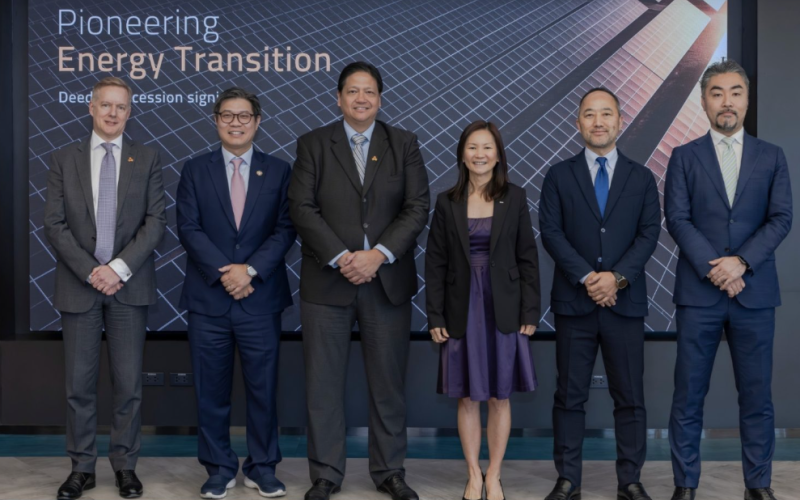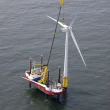Mitsubishi Corporation and its subsidiary Diamond Generating Asia (DGA) have joined forces with ACEN, GenZero, and Keppel Ltd. in an initiative aimed at accelerating the early retirement of a 246 MW coal-fired power plant in the Philippines. The project, which leverages the innovative Transition Credits mechanism, seeks to replace the plant’s generation output with clean, reliable energy.
Mitsubishi and DGA formalised their participation by signing a Deed of Accession to the Memorandum of Understanding (MoU) originally established in 2024 between ACEN, GenZero, and Keppel. The MoU, witnessed by senior government officials from Singapore and the Philippines, laid the foundation for deploying market-based financial tools to support Asia’s clean energy transition.
The power plant in question, South Luzon Thermal Energy Corp. (SLTEC), was previously scheduled to operate until 2040 following a landmark 2022 deal under the world’s first market-based Energy Transition Mechanism. ACEN, however, now aims to accelerate that retirement to 2030, halving the coal plant’s expected technical lifespan and replacing it with renewable energy. Transition Credits—carbon credits awarded to projects that retire coal facilities early—are central to ensuring this shift is equitable and economically viable.
Shinichiro Suzuki, CEO of DGA, hailed the collaboration as “one of the world’s first steps toward a credible and scalable Transition Credits scheme”, emphasising that the project not only advances early coal phaseout but does so by delivering equivalent new renewable capacity.
The Transition Credits mechanism, developed with input from the Monetary Authority of Singapore and The Rockefeller Foundation, aims to quantify avoided emissions from early coal plant closures while embedding social and economic safeguards. The framework has undergone public consultation and was endorsed at the GenZero Climate Summit 2025, where Verra approved the Coal to Clean Credit Initiative (CCCI) Methodology under its Verified Carbon Standard.
Frederick Teo, CEO of GenZero, described the initiative as a breakthrough in balancing decarbonisation with energy security and economic development. Cindy Lim, CEO of Keppel’s Infrastructure Division, added that Mitsubishi and DGA’s involvement enhances the opportunity to market Transition Credits to both voluntary and emerging compliance markets, especially in Japan.
The collaboration also signals a deeper partnership between Mitsubishi and Ayala Corporation—ACEN’s parent firm—who have previously co-developed wind farms in the Philippines. Mitsubishi’s inclusion expands the project’s reach and reinforces regional cooperation on climate finance and energy transformation.
Eric Francia, CEO of ACEN, said the initiative could serve as a global template: “By pioneering the Transition Credits mechanism, we’re accelerating decarbonisation and presenting a viable model for coal-dependent economies to shift sustainably.”
If successful, the project could act as a springboard for wider adoption of the Transition Credits approach, helping to replicate this coal-to-clean model globally.

















